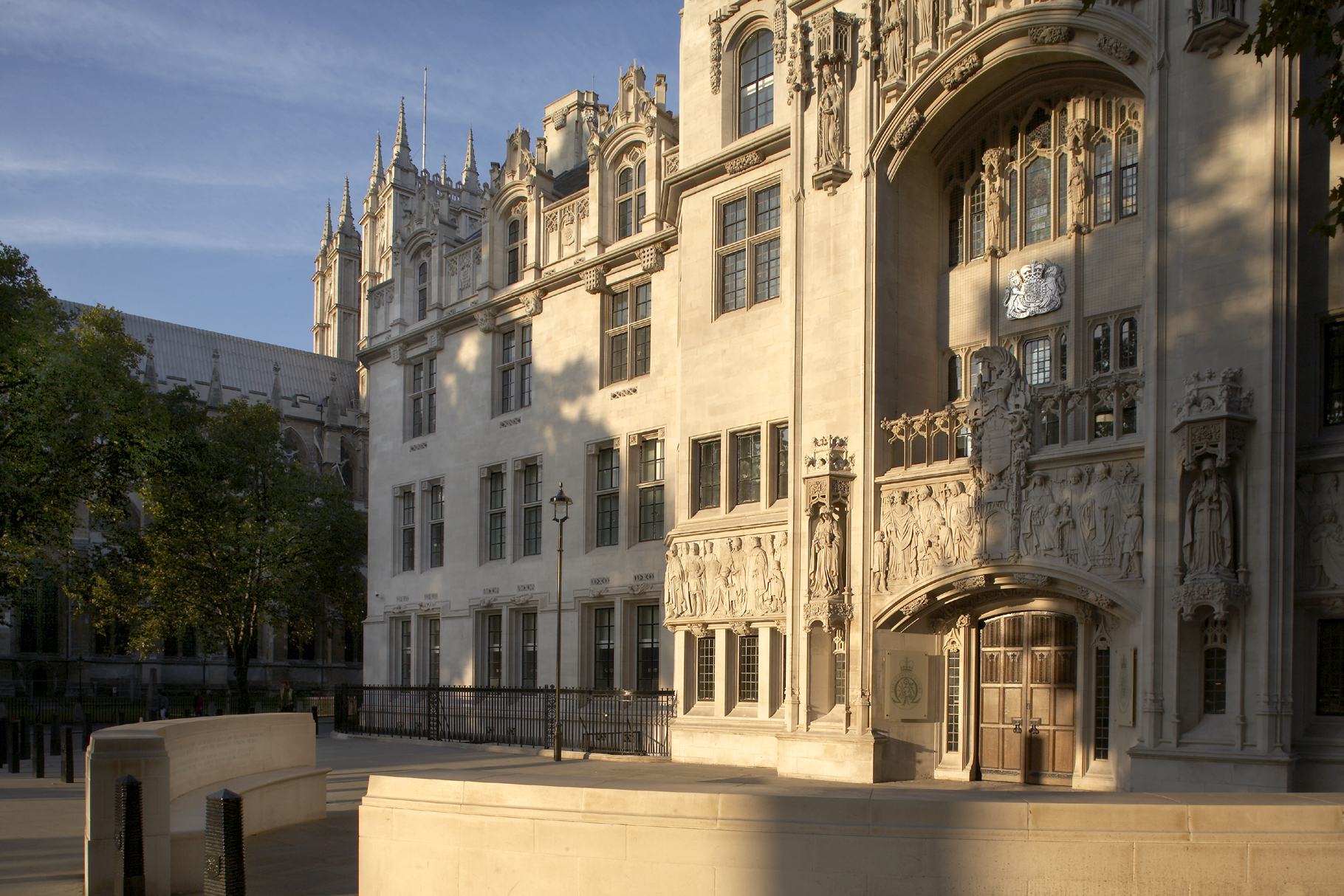A reduction in the auto-enrolment (AE) earnings trigger to £6,396 (the National Insurance lower earnings limit) would bring an additional 214,000 workers into scope, Pensions Minister, Guy Opperman, has stated.
In response to a parliamentary question, Opperman divulged that, in addition to drawing in more workers, the reduction in earnings trigger would increase contributions by £124m in 2022/23, compared to increasing the trigger by average earnings growth.
These figures come in response to a question from Conservative MP for North West Durham, Richard Holden, who enquired if the government would make an assessment of the increase in tax relief for part-time workers that would result from AE being extended to those earning under £10,000 a year, and what proportion of that amount would benefit men and women respectively.
Opperman responded by saying that, of the additional contributions, £8m would be through increased income tax relief.
Furthermore, 78 per cent of the additional contributions would benefit women and 22 per cent would benefit men, he noted.
This comes in the aftermath of the annual review of the AE earnings trigger, published on 8 February 2021, which reviewed the 2022/23 thresholds and discovered that by remaining at £10,000, an additional 17,000 workers would be brought into scope.
The decision to keep the earnings trigger at £10,000, according to the government, reflected the “key balance that needs to be struck between affordability for employers and individuals and the policy objective of giving those who are most able to save the opportunity to accrue a meaningful level of savings with which to use for their retirement.”
Latest News
-
TPR tells smaller schemes to ‘do more’ as decumulation product offerings improve
-
Govt to accelerate consolidation as small schemes face cost and governance challenges - Bell
-
Industry raises trustee independence and conflicts of interest concerns
-
Forward-looking VFM metrics risk ‘misleading’ pension savers, industry warns
-
Pensions regulation could be ‘unfit for purpose’ within a decade
-
DC default strategies shift towards growth as retirement behaviours evolve
THE ROLE OF INSURANCE LINKED SECURITIES (ILS) IN PENSIONS TODAY
Francesca Fabrizi sits down with Leadenhall Capital Partners Senior Managing Director, Alistair Jones, to talk about the role of Insurance Linked Securities (ILS) in pension fund investing today
Private markets – a growing presence within UK DC
Laura Blows discusses the role of private market investment within DC schemes with Aviva Director of Investments, Maiyuresh Rajah
Podcast: From pension pot to flexible income for life

Podcast: Who matters most in pensions?

In the latest Pensions Age podcast, Francesca Fabrizi speaks to Capita Pension Solutions global practice leader & chief revenue officer, Stuart Heatley, about who matters most in pensions and how to best meet their needs
© 2019 Perspective Publishing Privacy & Cookies









Recent Stories